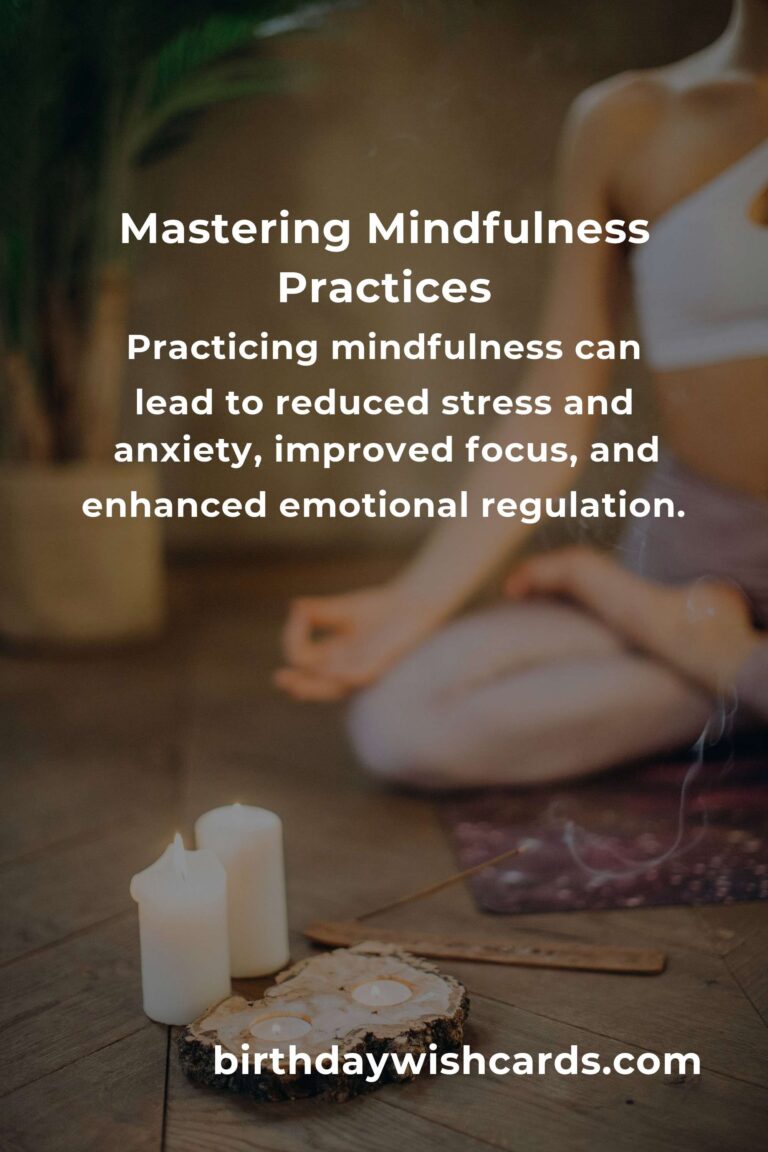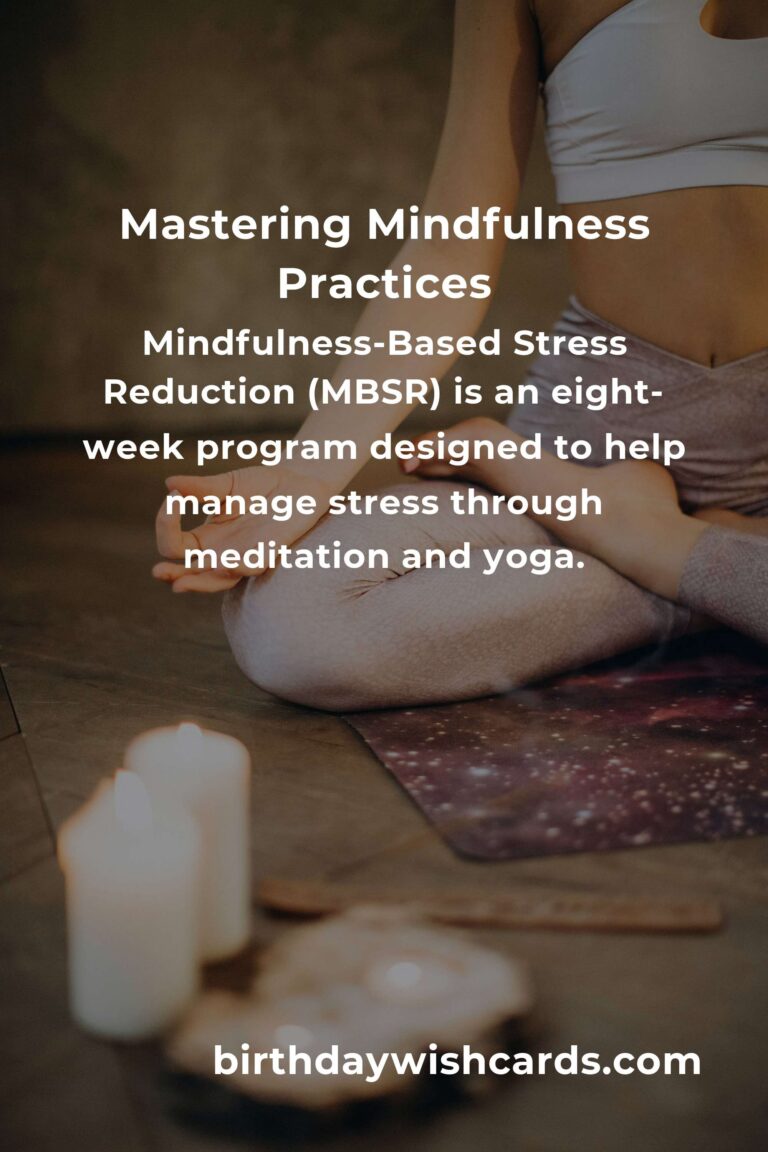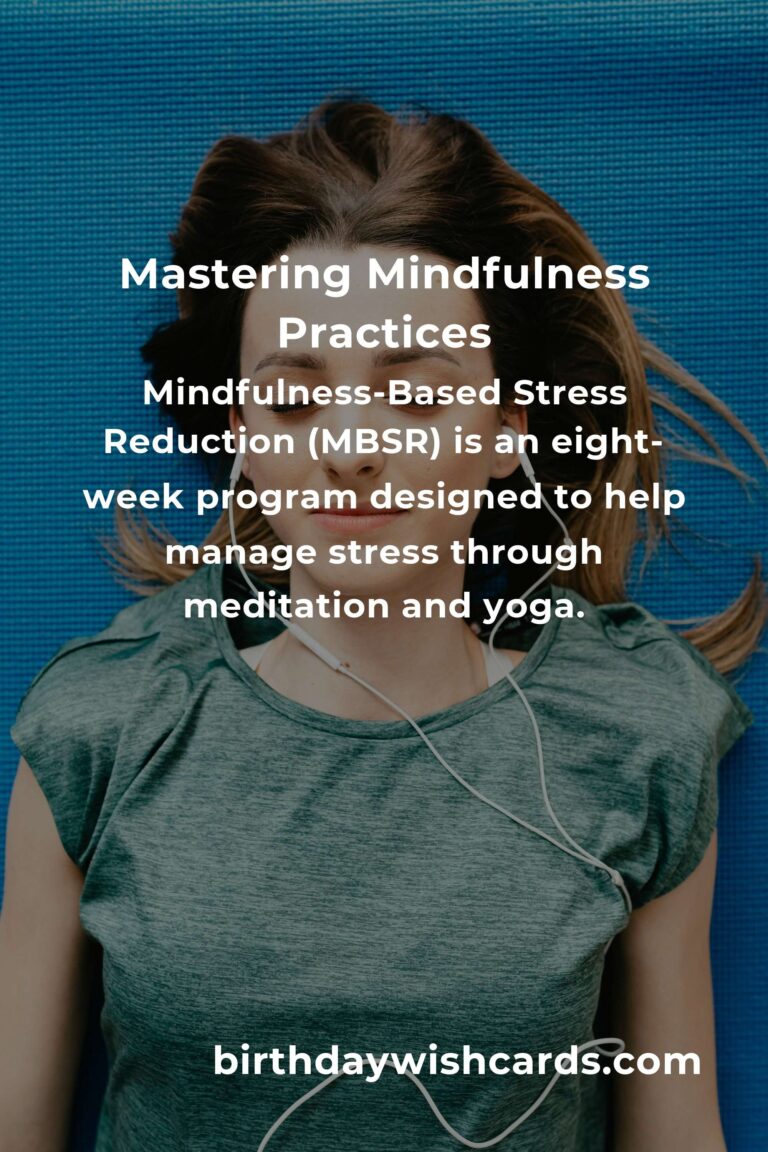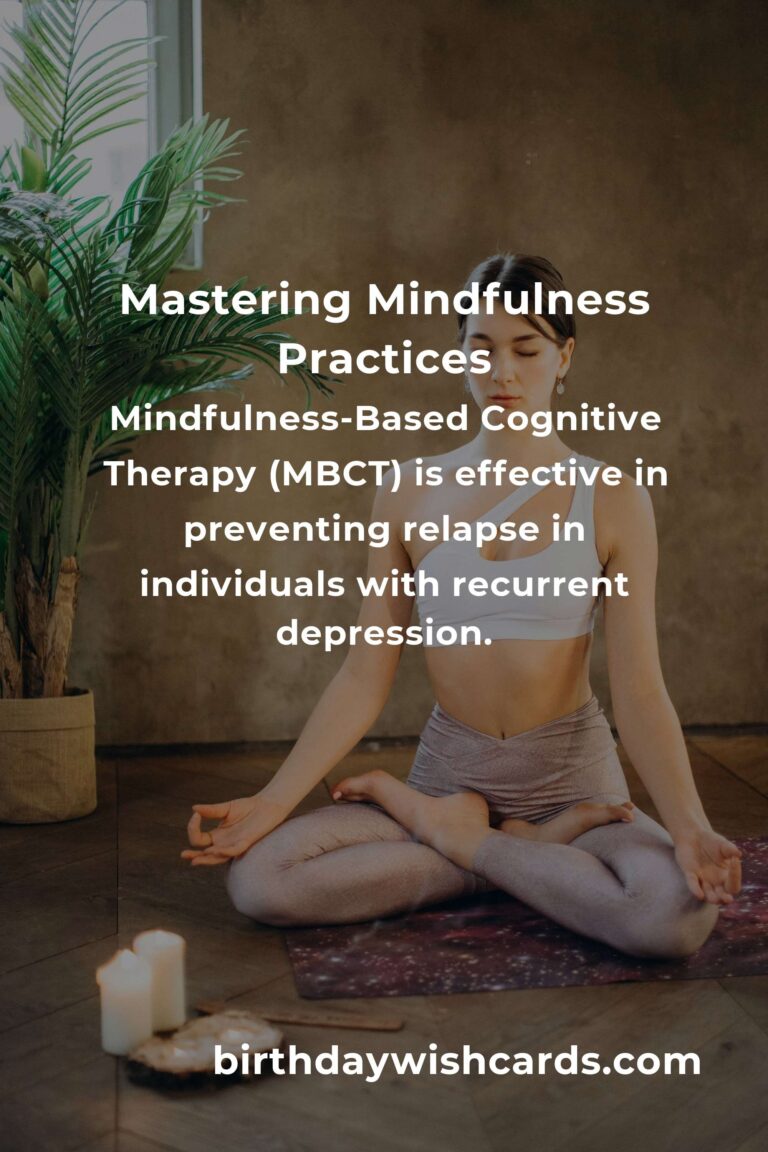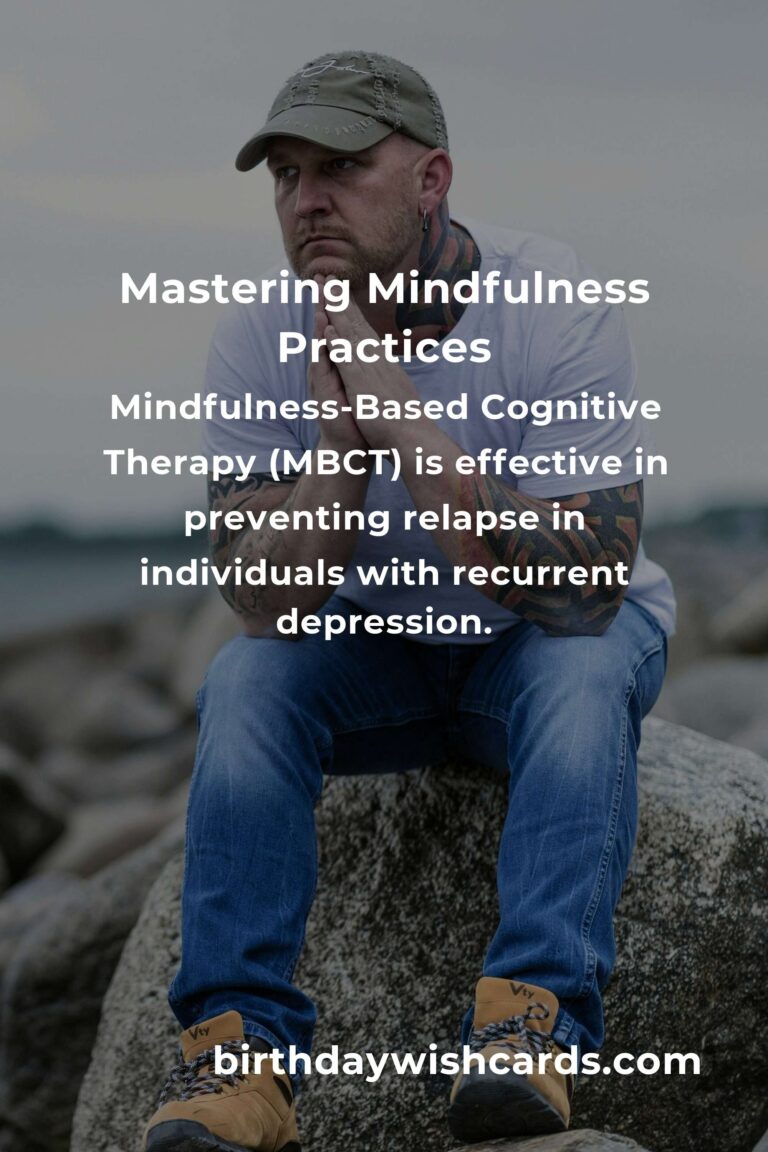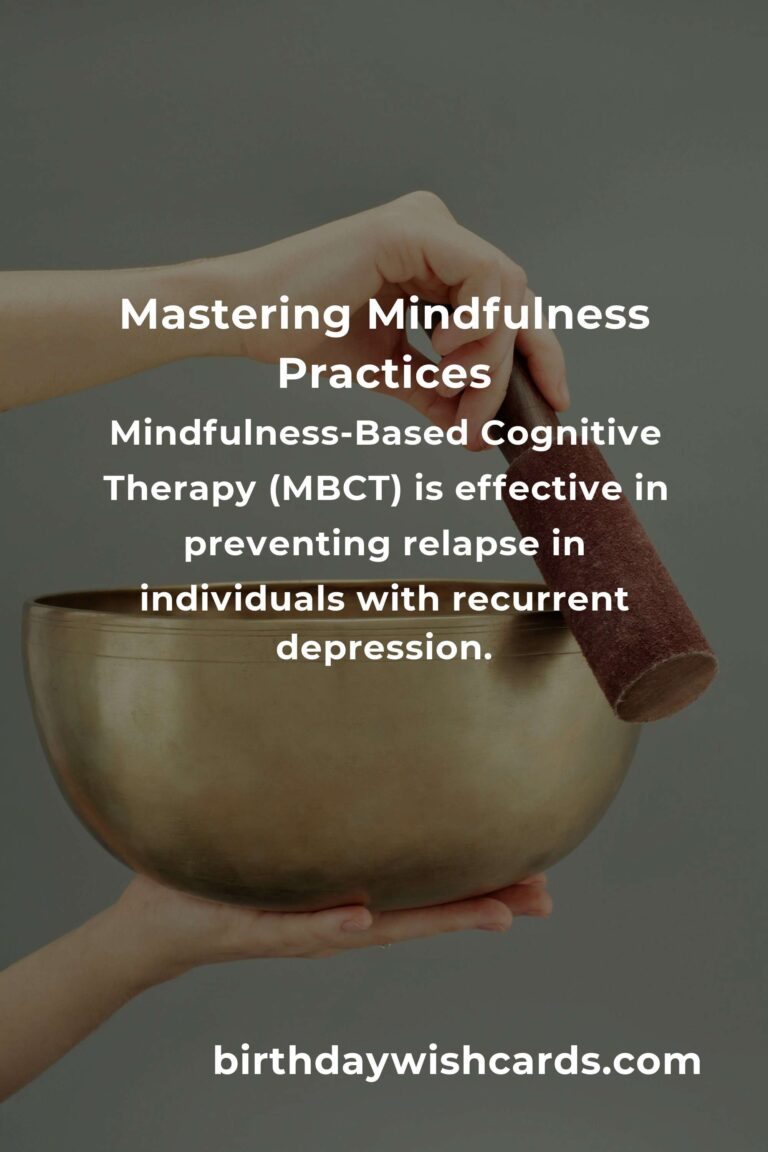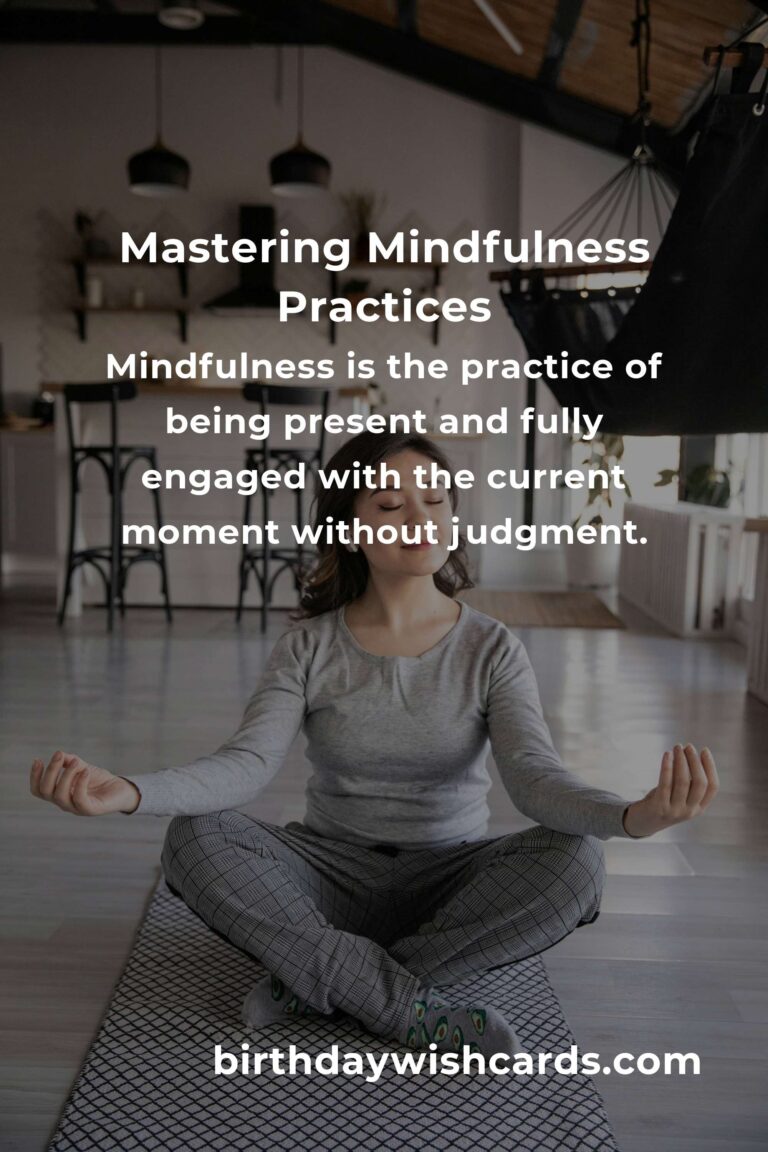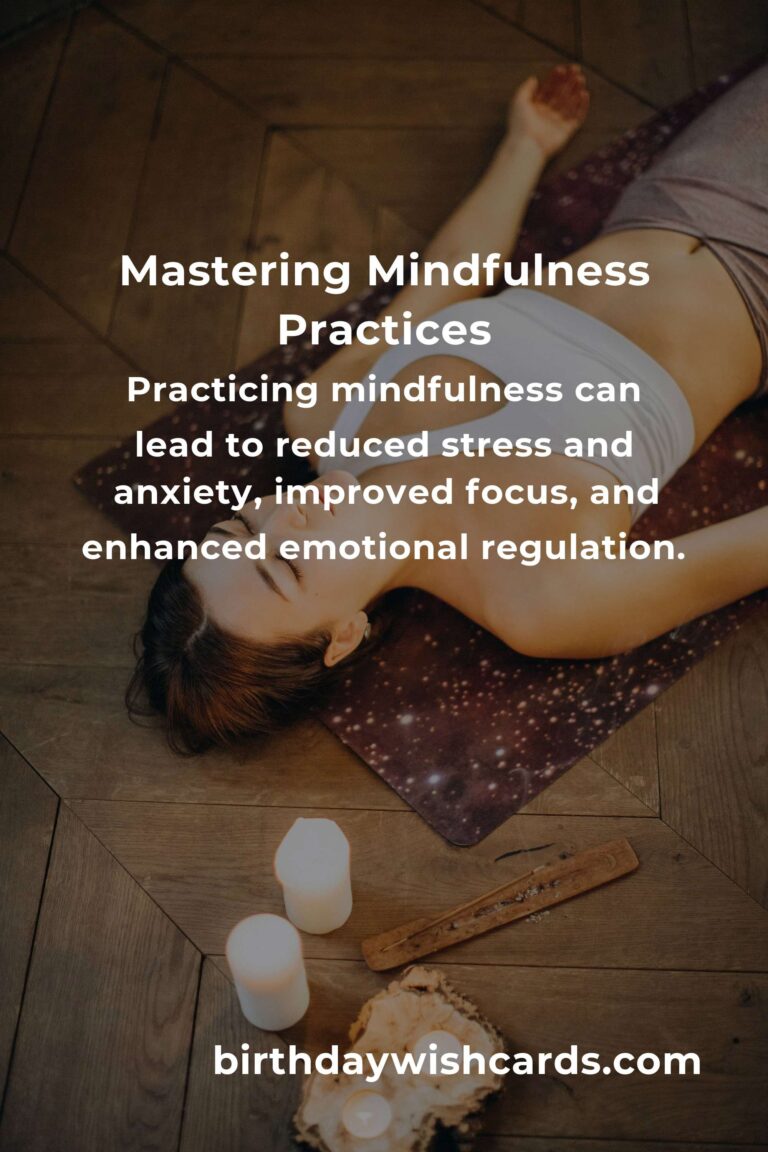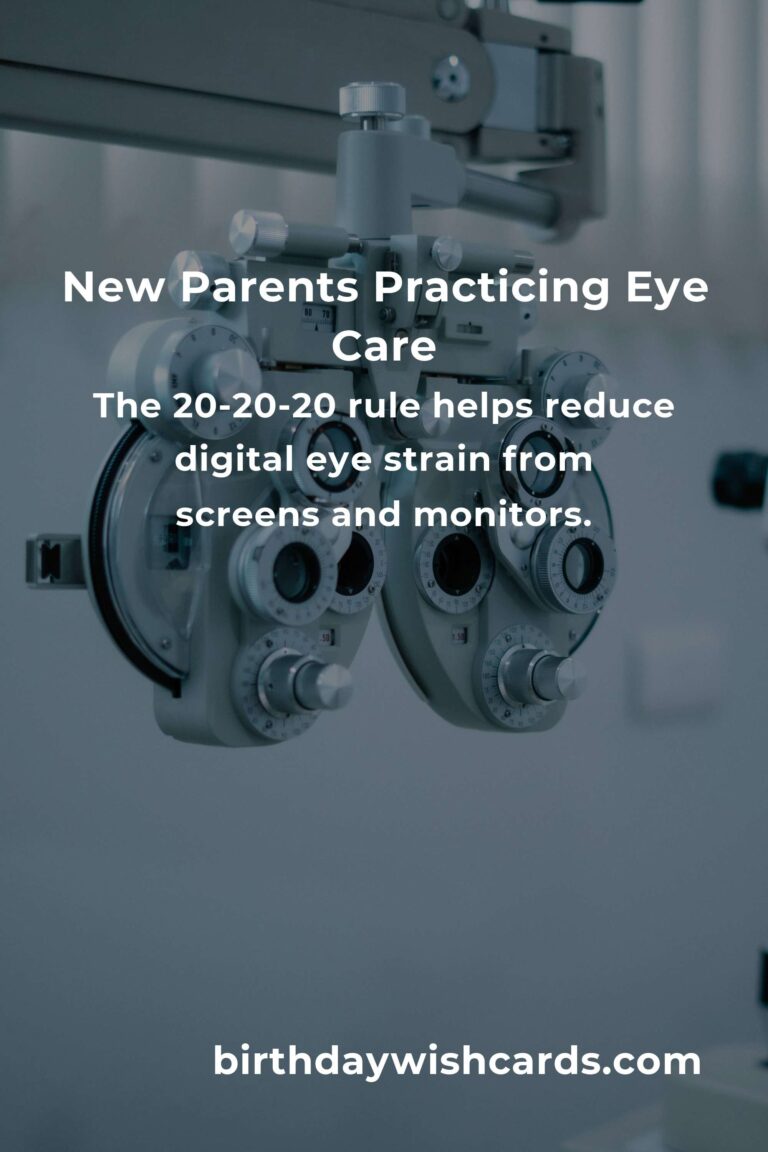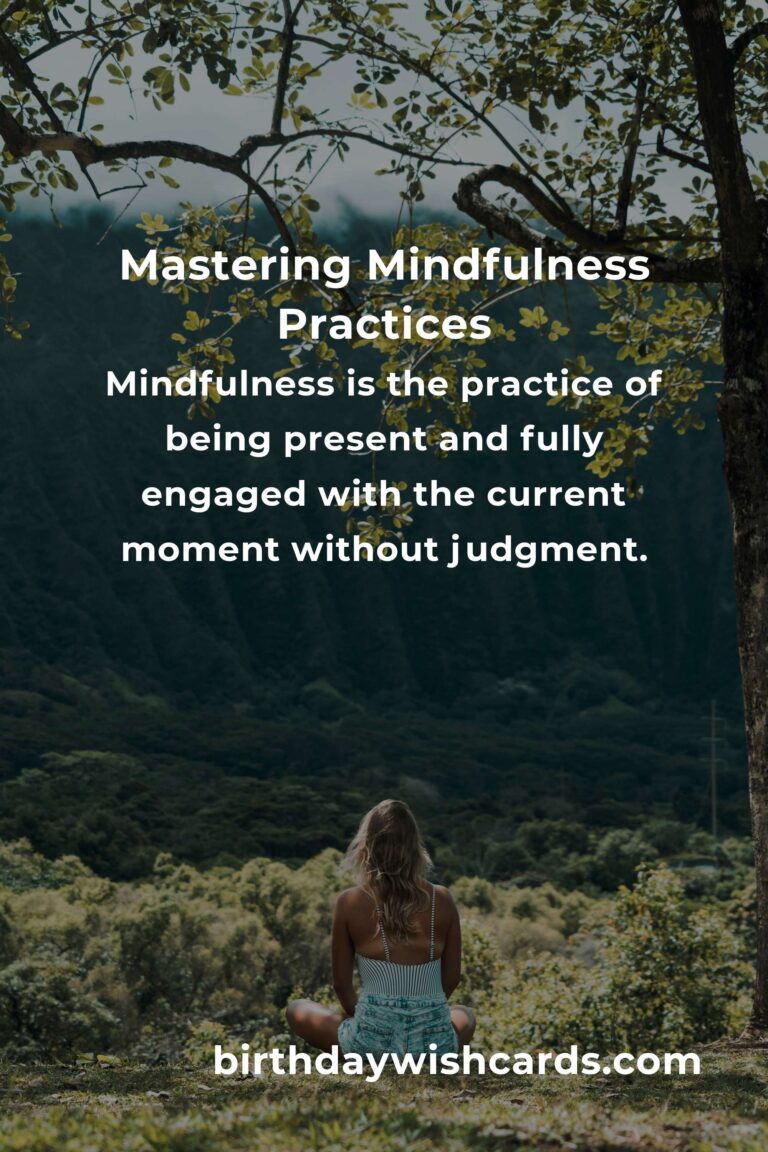
Mindfulness has become a buzzword in recent years, gaining popularity across various domains, including health, business, and education. But what exactly does it mean to master mindfulness frameworks, and how can one integrate them into their daily life to achieve personal and professional balance?
Understanding Mindfulness
Mindfulness is the practice of being present and fully engaged with the current moment without judgment. It involves awareness of thoughts, emotions, sensations, and the surrounding environment. This practice has roots in ancient Buddhist traditions but has been adapted into various modern frameworks that allow individuals to improve mental clarity, reduce stress, and enhance overall well-being.
Key Mindfulness Frameworks
There are several mindfulness frameworks that practitioners and researchers use to structure mindfulness practices. Some of the most well-known include:
1. Mindfulness-Based Stress Reduction (MBSR)
Developed by Dr. Jon Kabat-Zinn, MBSR is an eight-week program designed to help individuals manage stress through mindfulness meditation and yoga. The program focuses on increasing awareness and acceptance of present-moment experiences.
2. Mindfulness-Based Cognitive Therapy (MBCT)
MBCT combines traditional cognitive behavioral therapy with mindfulness strategies. It is particularly effective in preventing relapse in individuals with recurrent depression by helping them recognize and disengage from negative thought patterns.
3. Dialectical Behavior Therapy (DBT)
While not exclusively a mindfulness framework, DBT incorporates mindfulness as one of its core components. It is used to help individuals regulate emotions, tolerate distress, and improve interpersonal relationships.
Benefits of Practicing Mindfulness
Practicing mindfulness can lead to numerous benefits, both mental and physical. Some of these benefits include:
- Reduced stress and anxiety
- Improved focus and concentration
- Enhanced emotional regulation
- Better sleep quality
- Increased self-awareness and empathy
Integrating Mindfulness into Daily Life
Integrating mindfulness into your daily routine doesn’t require a complete overhaul of your lifestyle. Simple practices can make a significant impact. Here are some tips to get started:
1. Start with Breathing Exercises
Breathing exercises are a simple yet powerful way to anchor yourself in the present moment. Start by taking a few deep breaths, focusing on the sensation of the air entering and leaving your body.
2. Practice Mindful Eating
During meals, take the time to savor each bite. Pay attention to the flavors, textures, and aromas of the food. This practice can enhance your enjoyment of meals and prevent overeating.
3. Set Aside Time for Meditation
Even dedicating just 5-10 minutes a day to meditation can have profound effects. Find a quiet space, close your eyes, and focus on your breath or a mantra.
Challenges and Misconceptions
While mindfulness offers many benefits, beginners may face challenges such as difficulty maintaining focus or misconceptions about the practice. It’s important to approach mindfulness with an open mind and patience. Remember, mindfulness is not about achieving a ‘blank mind’ but rather observing thoughts without attachment.
Conclusion
Mastering mindfulness frameworks involves understanding the principles of mindfulness and finding ways to incorporate them into your daily life. Whether through structured programs like MBSR and MBCT or simple daily practices, mindfulness can lead to a more balanced and fulfilling life.
Mindfulness is the practice of being present and fully engaged with the current moment without judgment. Mindfulness-Based Stress Reduction (MBSR) is an eight-week program designed to help manage stress through meditation and yoga. Mindfulness-Based Cognitive Therapy (MBCT) is effective in preventing relapse in individuals with recurrent depression. Practicing mindfulness can lead to reduced stress and anxiety, improved focus, and enhanced emotional regulation. Integrating mindfulness into your daily routine doesn’t require a complete overhaul of your lifestyle.
#Mindfulness #Wellbeing #MentalHealth #StressReduction #Meditation


